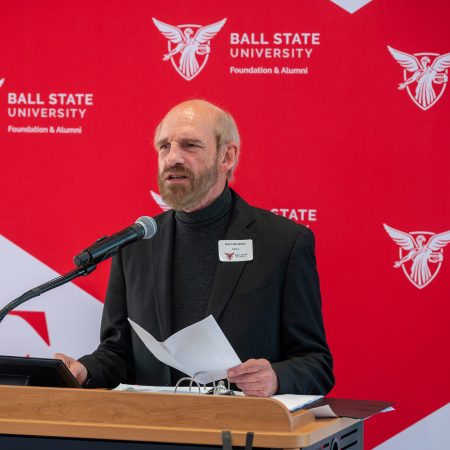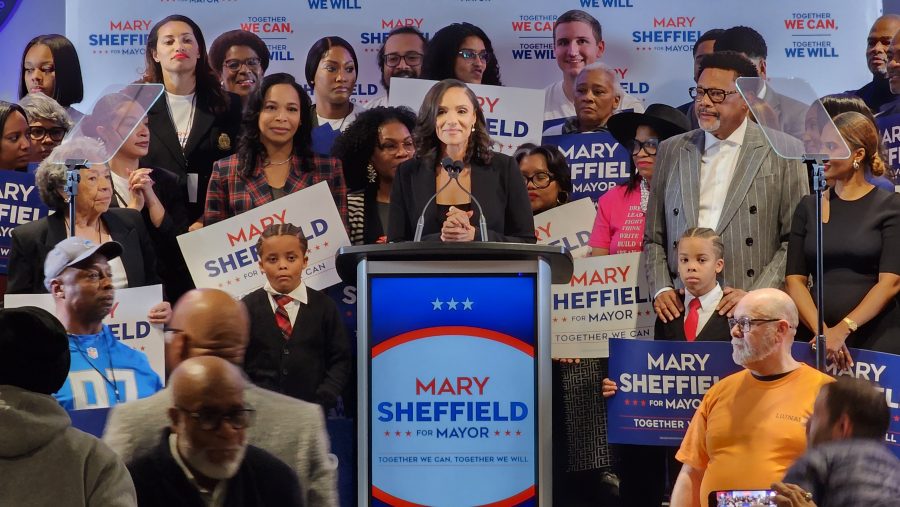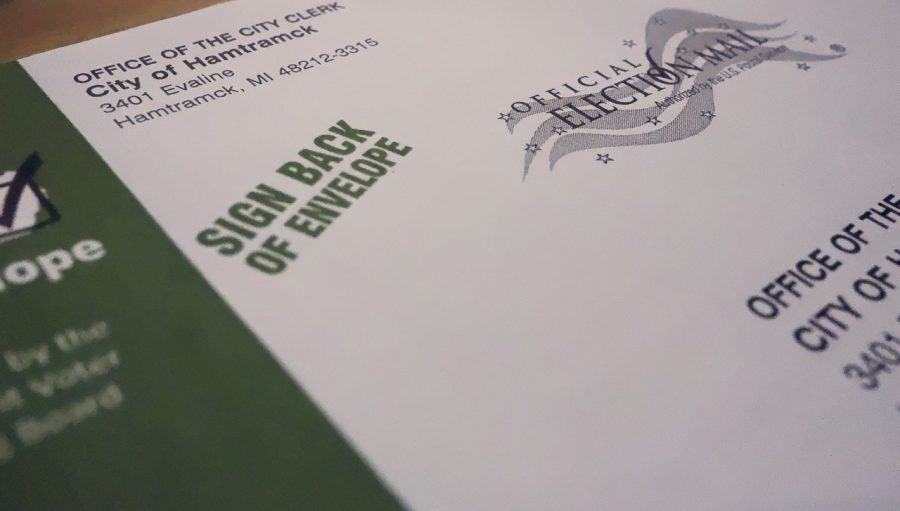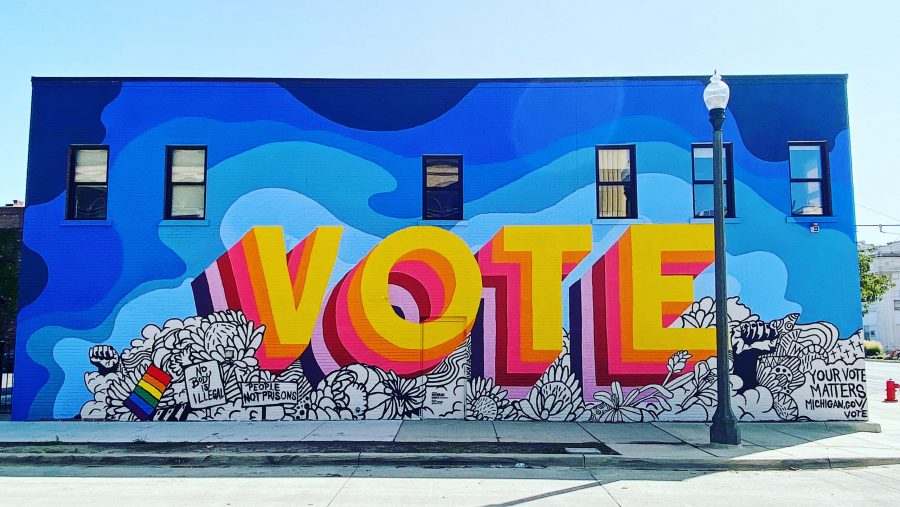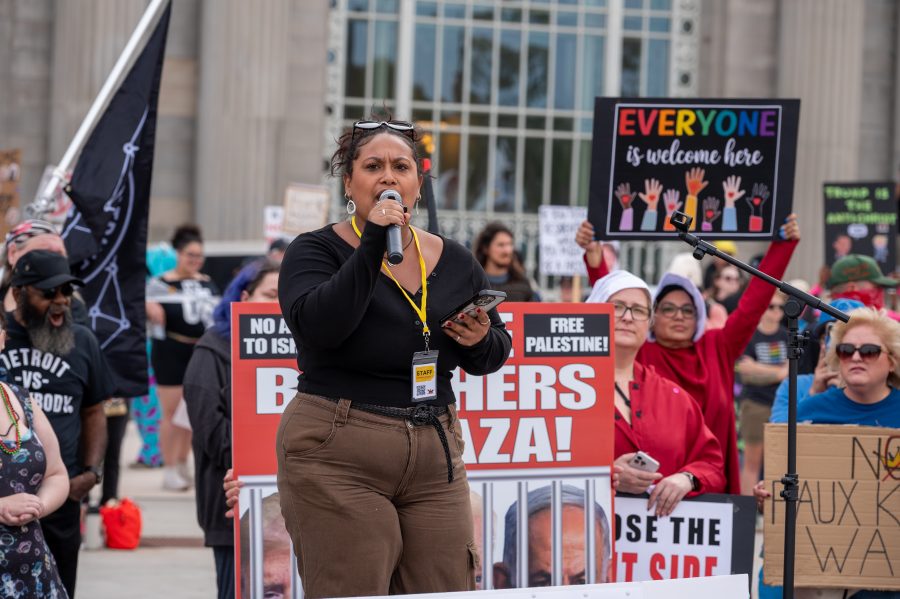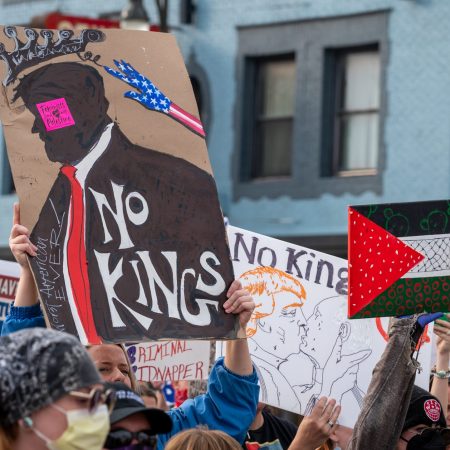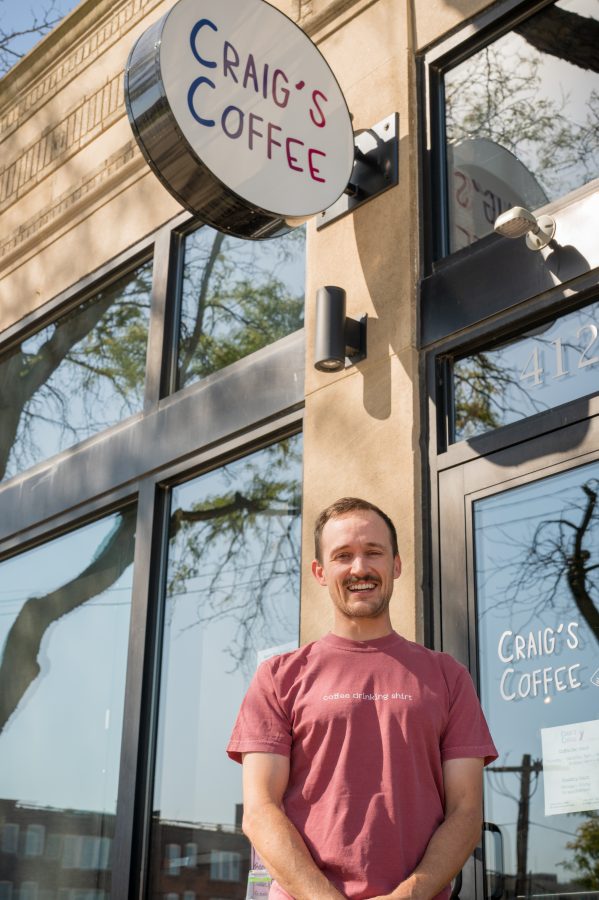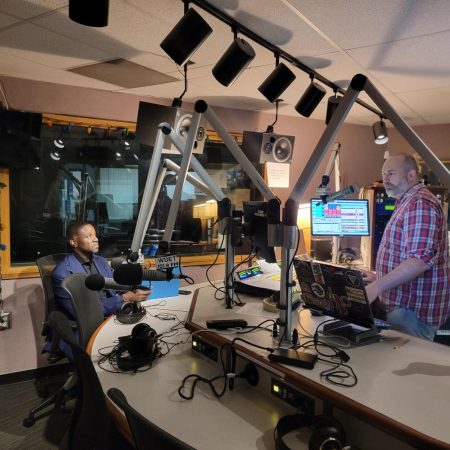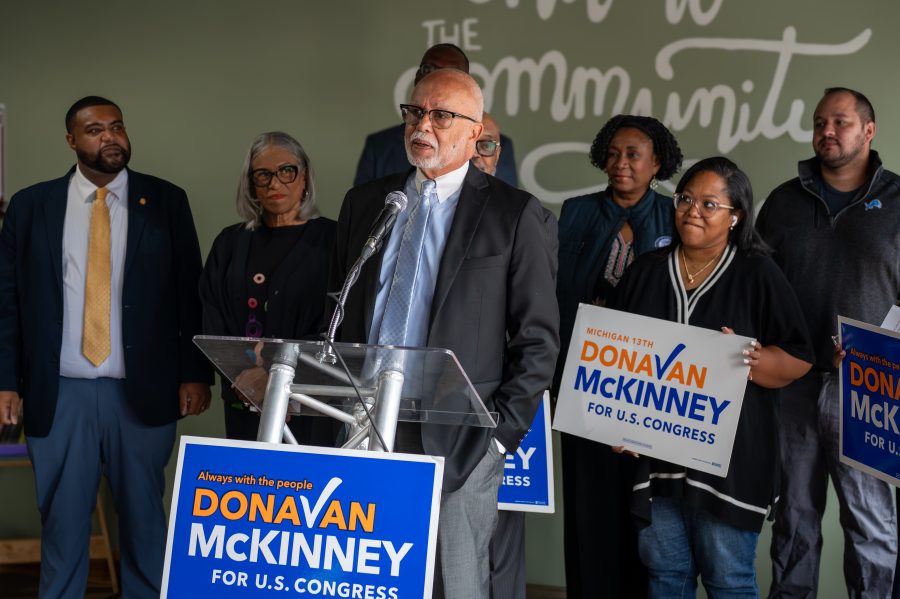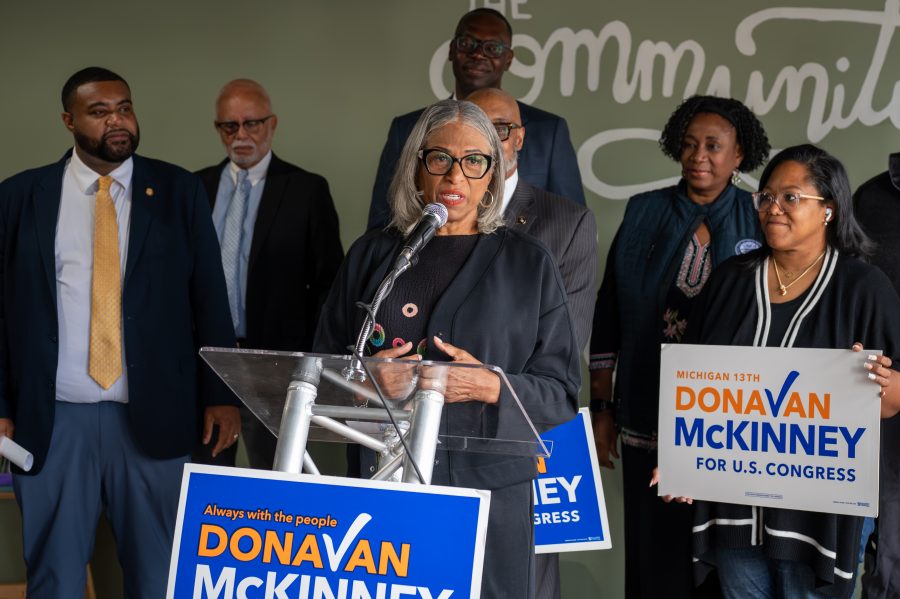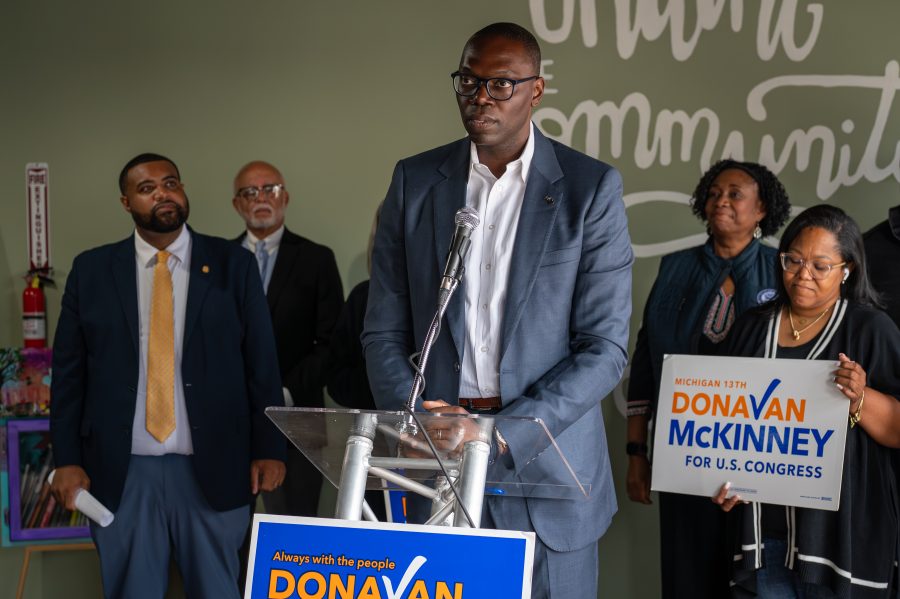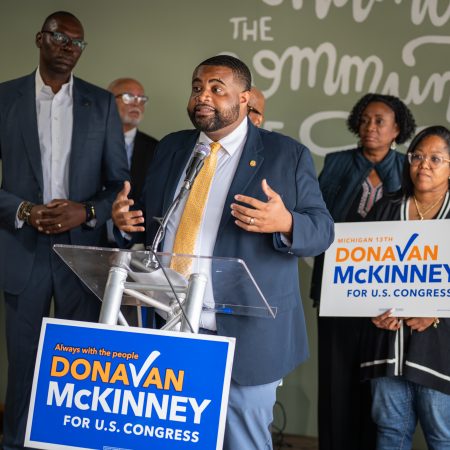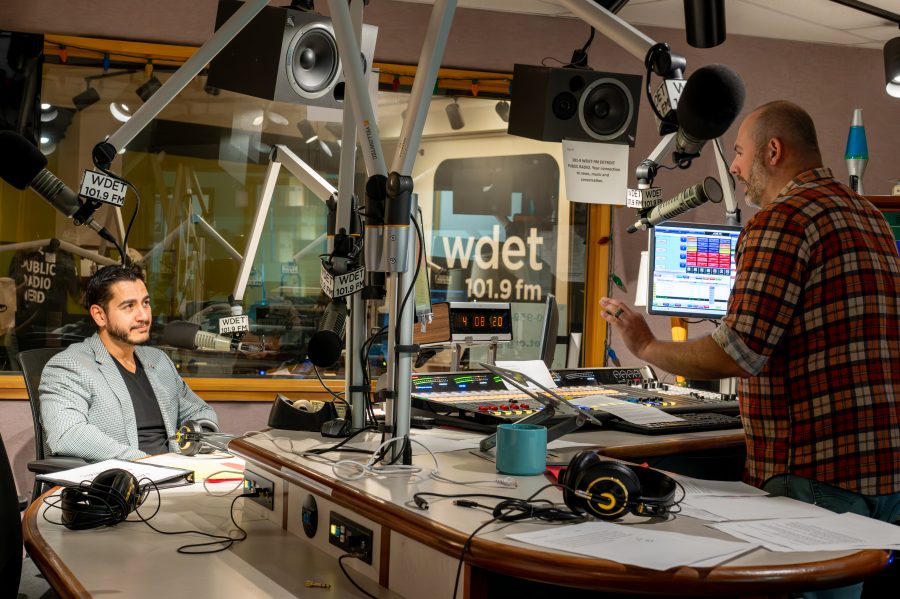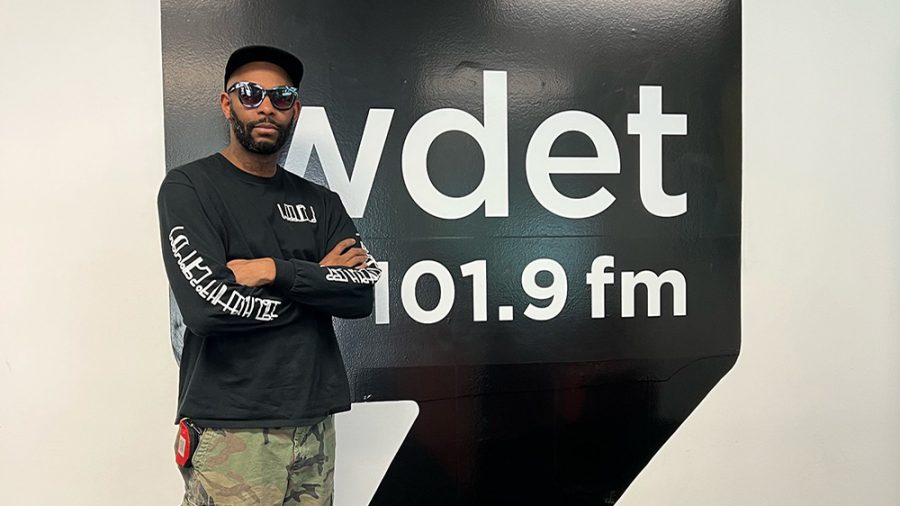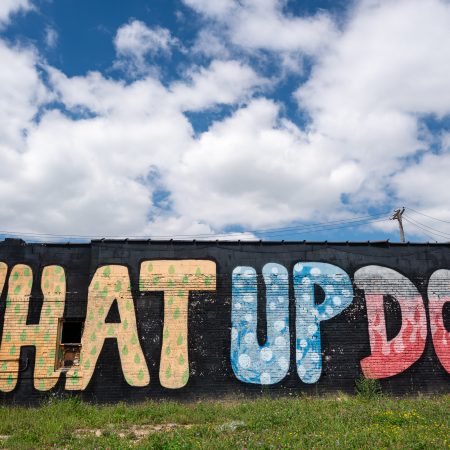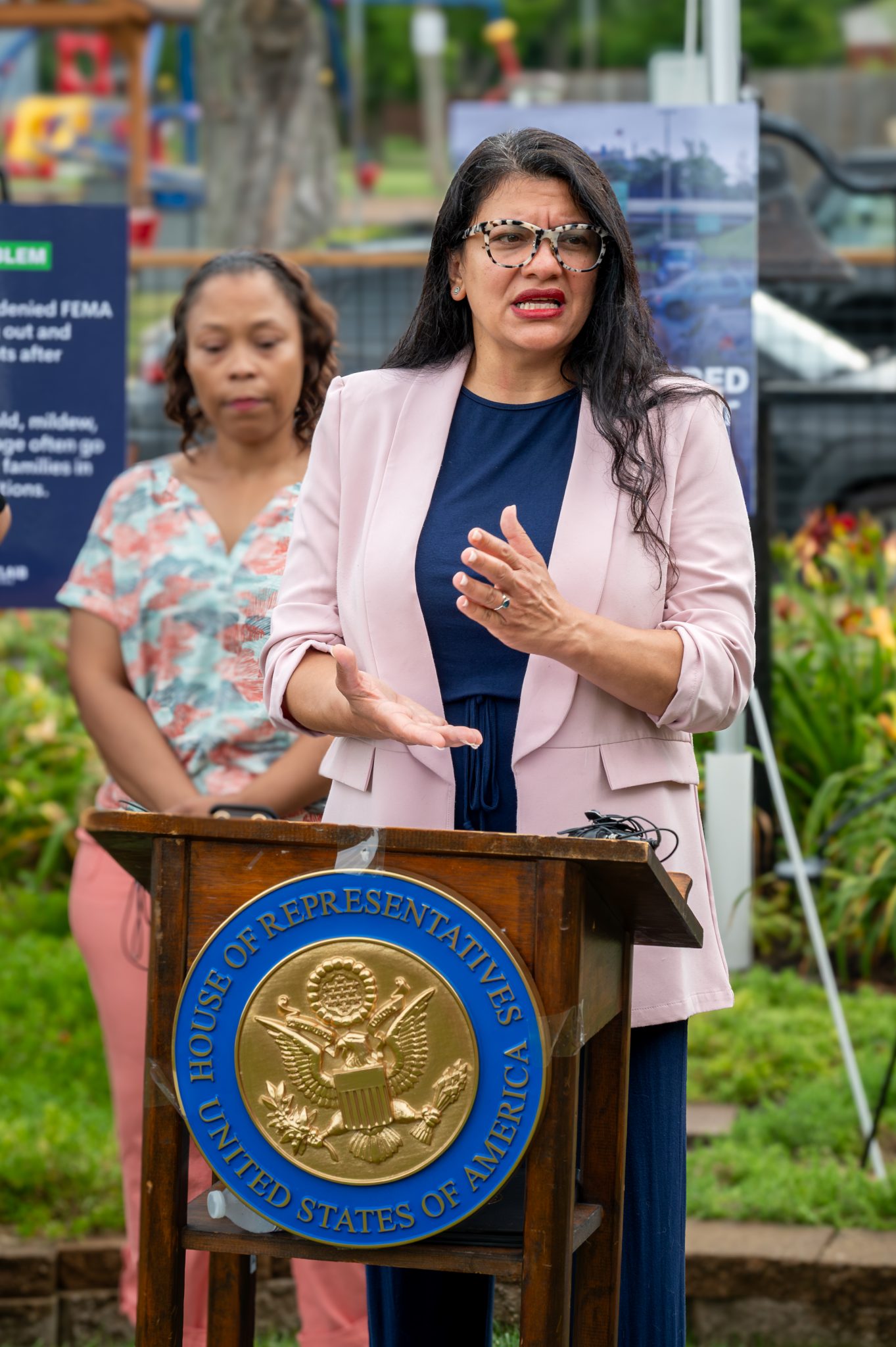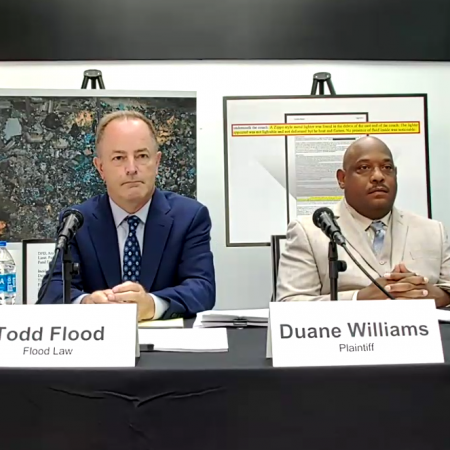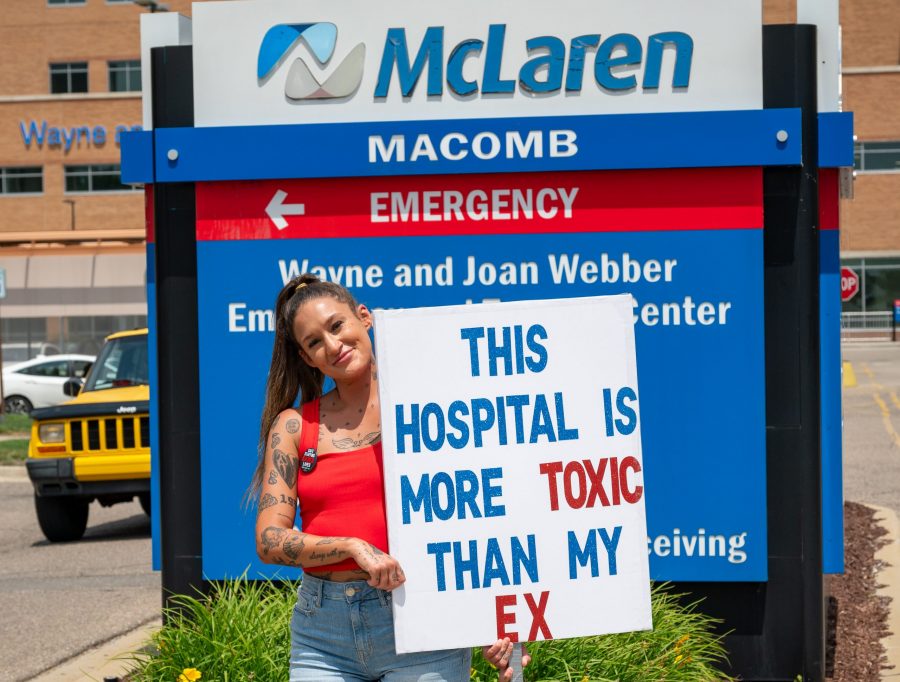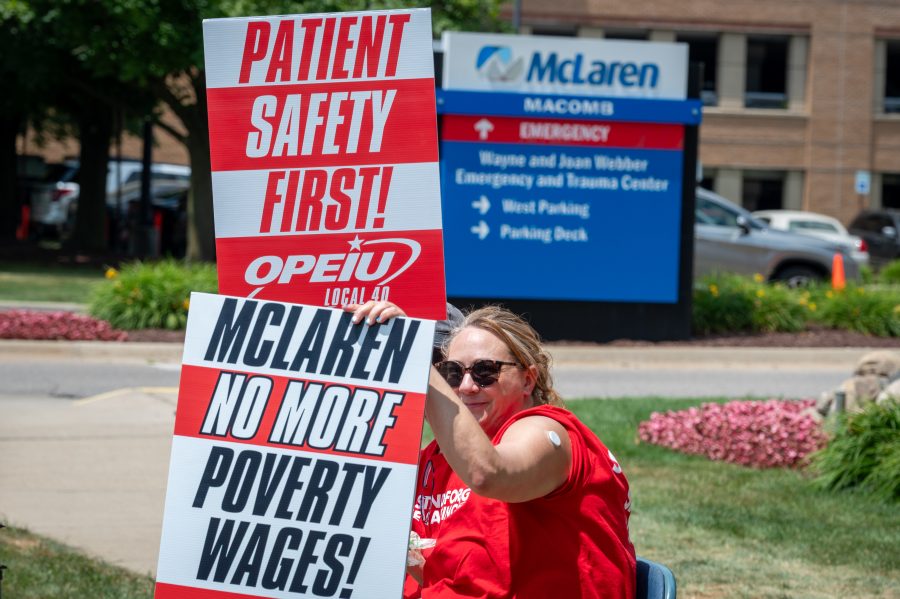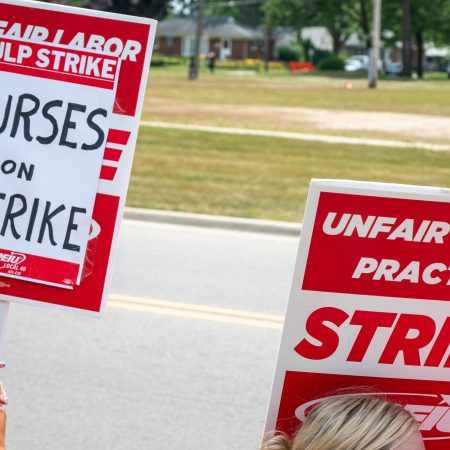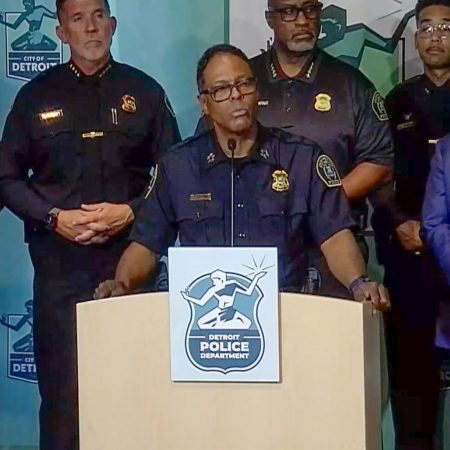Federal government is back open, but at what cost?
Shutting down the federal government was a matter of principle for U.S. Senate Democrats back in October.
Tens of thousands of federal workers were furloughed. Air traffic controllers were forced to work without pay. The Trump Administration fought in court to reduce SNAP food assistance.
Tax credits tied to plans through the Affordable Care Act, aka Obamacare, were set to expire, and without them premiums were set to skyrocket. That was unacceptable to most Democrats, who wanted to leverage the shutdown to extend healthcare subsidies.
This week, seven Democrats and one independent changed their strategy and voted to end the shutdown.
They received only a promise of a vote on the ACA tax credits and assurances that federal workers fired by the Trump Administration would be rehired.
In the meantime, people are receiving notice that their premiums are going up. In Michigan, insurers are ending coverage for people through Obamacare. That could leave as many as 200,000 people in the state without coverage.
Michigan U.S. Senator Gary Peters voted to keep the government closed. He thinks it’s going to get worse unless those ACA tax credits are restored.
Listen: U.S. Senator Gary Peters on the federal government shutdown
“Nationally, well over 20 million people are seeing large increases in their health care estimates, somewhere around 10 million will lose their health care coverage as a result,” Peters said.
Peters says he would like the Democrats who capitulated and voted to end the shutdown to speak for themselves.
“I know that they were focused on working on health care costs, but we’re also concerned about the cost of the shutdown itself,” Peters said. “Certainly government employees who had been going without a check for quite some time, which puts a real strain on our families.”
A failure of leadership?
Many Democratic voters—and some Democratic politicians—view the ending of the shutdown as a betrayal of trust and the latest instance where the party refuses to follow through on a promise.
Peters disagrees this was a failure of leadership.
“We don’t work for Chuck Schumer,” Peters said. “Every Senator represents the people in their state. I work for the people in Michigan, and my colleagues around the country work for the people in their individual states, and they have to ultimately do what they think is right.”
The Epstein emails
The White House is scrambling following the release of a new batch of emails to and from rapist and sex trafficker Jeffrey Epstein.
The emails seem to implicate that President Donald Trump was aware of Epstein’s crimes, and that the president maintained a relationship with the disgraced financier well into his first term in office.
Epstein died in federal custody in 2019.
After promising on the campaign trail to release all the evidence collected in Epstein’s prosecution, the Trump Administration has backed off that pledge.
Peters says the American public needs to see all of the documents.
“Bottom line, I think there’s enough information out now that raises so many questions that have to be answered that we need to see the release of all of the documents,” Peters said.
Earlier this year, the Trump Administration moved Epstein co-conspirator Ghislane Maxwell to a minimum-security prison.
Trusted, accurate, up-to-date.
WDET strives to make our journalism accessible to everyone. As a public media institution, we maintain our journalistic integrity through independent support from readers like you. If you value WDET as your source of news, music and conversation, please make a gift today.Donate today »
The post Federal government is back open, but at what cost? appeared first on WDET 101.9 FM.



